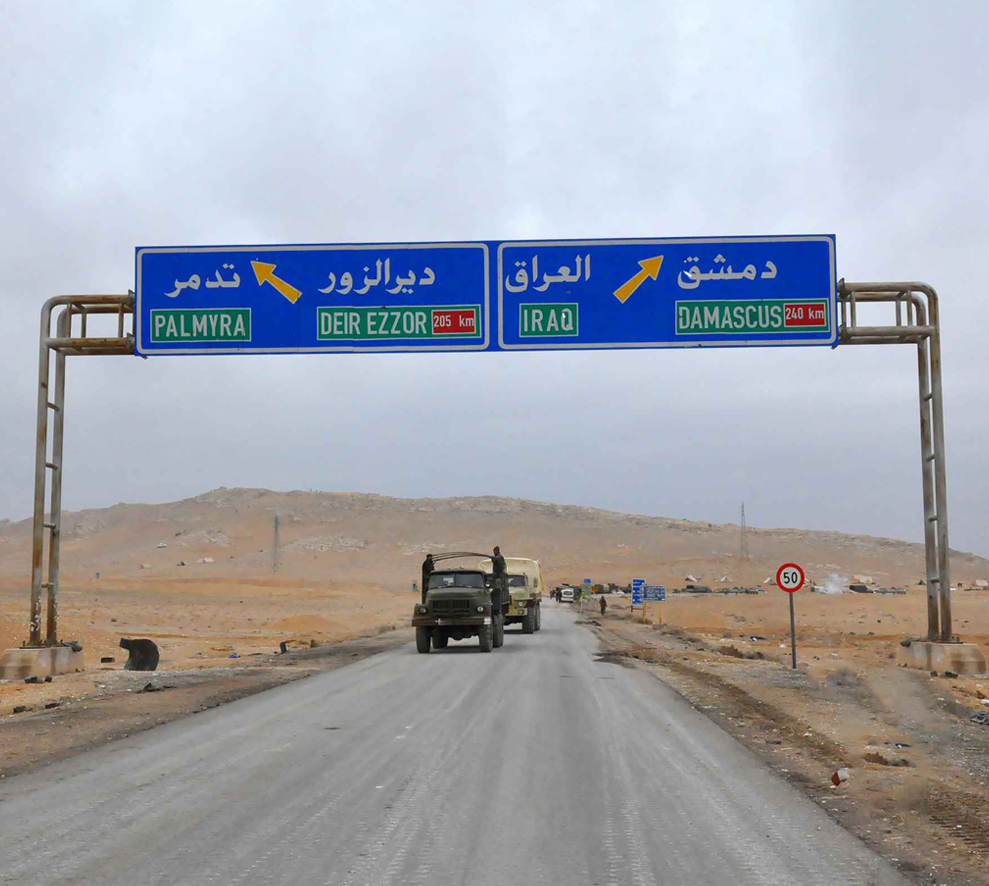Analyses
Politics
test promoted
Politics
Real clear world: A former terrorist inside the white house
Politics
NYT: The President and A Former Terrorist Meet at the White House
Politics
The Syrian Unity Predicament: Files of Sovereignty, Security, and the Kurdish Issue
Palestinian-Israeli conflict
Trump’s Plan: Second Phase Scenarios
Filter by:
.jpg)
THE REGIONAL SYSTEM AFTER THE EXPECTED NUCLEAR AGREEMENT, IS IT A STEP "FORWARD" OR "BACKWARD"?
This paper presents a hypothetical analysis of the potential intrinsic changes in the Middle East as a consequence of success in Vienna's negotiations and the repercussions they impose on the form of interactions, alliances and balance of powers in the region driven by the key question: Would the nuclear agreement allow prevailing a phase of stability and calm in the region, or would it lead to a new more serious phase of turmoil, tension and instability or possibly an armed confrontation?
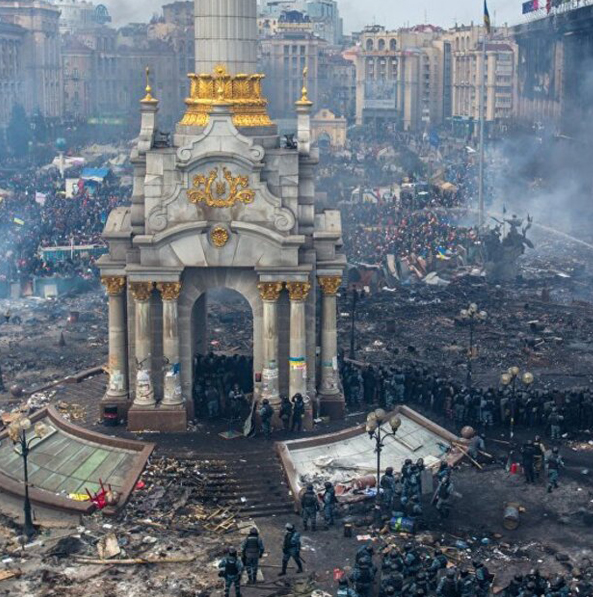
Ukraine Over the Edge: Russia, the West and the "New Cold War"
This paper provides a brief summary of Ukraine Over the Edge: Russia, the West and the "New Cold War" by Gordon M. Hahn. The significance of recalling this book amid Russia's military operations in Ukraine stems from the understanding that the author have presented an analytical study and a thorough description of the root causes for Ukrainian crisis since 2014 and eventually conducted a prediction of current events in Ukraine.
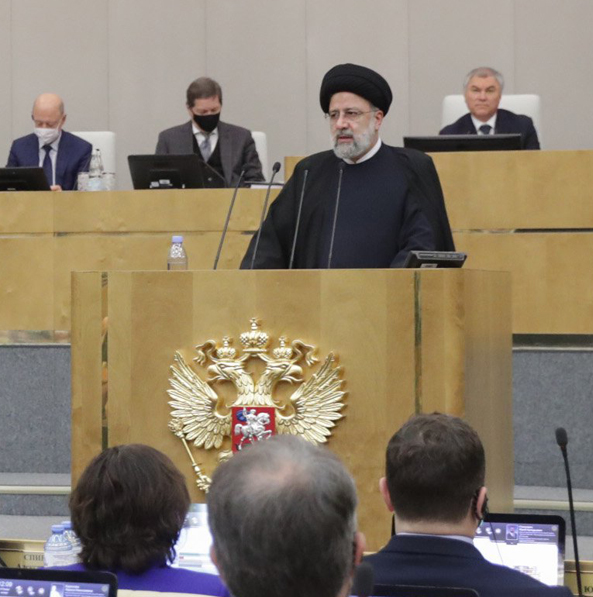
Iran's Attitude of Ukraine's Crisis between "Tactical"and "Strategic"
This paper presents a reading in Iran's "ambiguous" attitude of Russia's military operations in Ukraine and the nature of this attitude by standing aside from all parties and to identify dimensions of the situation in order to answer the main question: Does Iran's Foreign Policy witnesses a transformation from East to West?
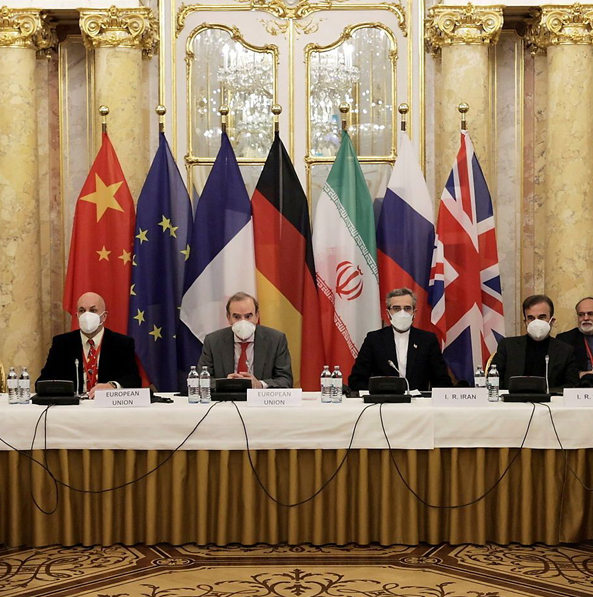
Nuclear Deal's 'Winding Path' Scenarios
There are several indications that the Vienna talks, on the nuclear Agreement, were successful, and that its signing is imminent. Yet, a number of core issues remain disputed between Washington and Tehran, which are capable of undermining the understandings reached between the parties, whether before and after the signing of the Agreement.
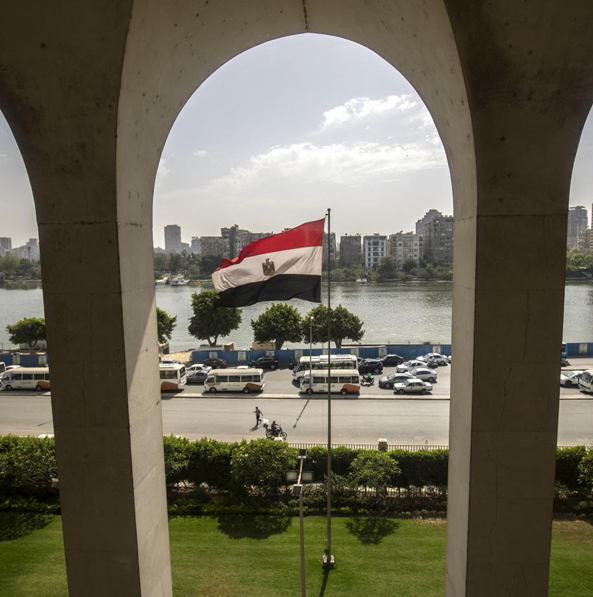
THE DIFFICULT ROAD TO RESUMING EGYPTIAN-IRANIAN RELATIONS
This paper provides a reading in the Egyptian-Iranian future of relations, in light of many indicators and developments within the context of bilateral and regional dialogues and talks. What are their chances of success, in light of the structural constraints inherent in the relations of the two countries that have kept them severed since 1979?
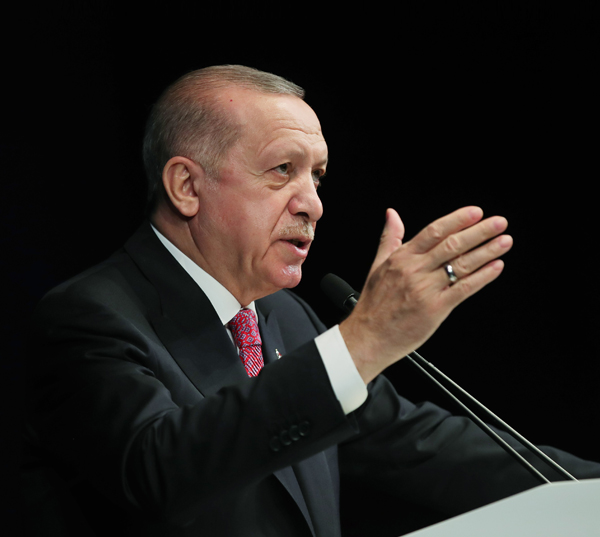
Turkish Politics Transformations: Exceeding, Adjustment, and Conditional Openness
Based on the hypothesis that Ankara is rearranging its political relations, away from the determents that marked its foreign policy after 2011. This op-ed seeks to highlight the variables of Turkish policy toward Israel on the one hand, and the Muslim Brotherhood on the other hand. As well as to deduct the prospects for the continuation of the Turkish political transformations in the foreseeable future.
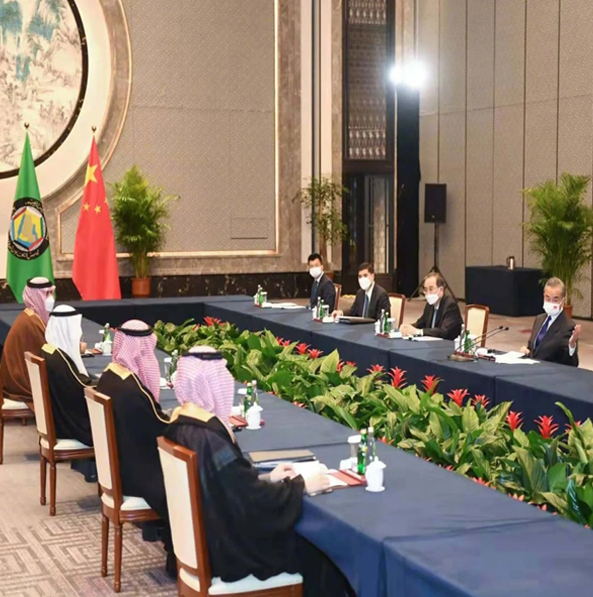
Negotiations to Sign Free Trade Agreement between the Gulf Cooperation Council and China: Horizons and Challenges
GCC-Chinese meetings and conventions indicate that relations are advancing, and progress is being made in negotiating a free trade agreement, which, if it becomes a reality, will mark a new chapter in the history of the relationship and its economic, geopolitical and strategic dimensions. However, there are several challenges that make the idea of free trade between the two sides challenging. This is what this paper seeks to demonstrate via analysis and examination.
.jpg-%D9%87%D9%84-%D9%86%D8%B4%D9%87%D8%AF-%D8%A7%D8%AE%D8%AA%D8%B1%D8%A7%D9%82%D8%A7%D9%8B-%D9%81%D9%8A-%D8%B5%D9%88%D8%B1%D8%A9-%D8%A7%D9%94%D9%85%D8%B1%D9%8A%D9%83%D8%A7-%D9%84%D8%AF%D9%89-%D8%AD%D9%84%D9%81%D8%A7%D9%8A%D9%94%D9%87%D8%A7-%D9%81%D9%8A-%D8%A7%D9%84%D8%B4%D8%B1%D9%82-%D8%A7%D9%84%D8%A7%D9%94%D9%88%D8%B3%D8%B7.jpg)
Are we witnessing a transformation in America's image with its allies in the Middle East? What are the Challenges?
The relations between the US allies are experiencing a fundamental change, starting from competitions, alliances, and polarizations up to the communication, dialogue, and cooperation in the fields of security, energy, transportation, and military coordination. This is accompanied by a transformation in the US commitment in the Middle East to head towards the Indo-Pacific region. Accordingly, researcher Muhammad Barhouma presents an interpretation for the change in the map relations between Washington allies. Mr. Barhouma answers the main question: Would such transformations be able to Fill the Strategic Vacuum Resulted by the American withdrawal?
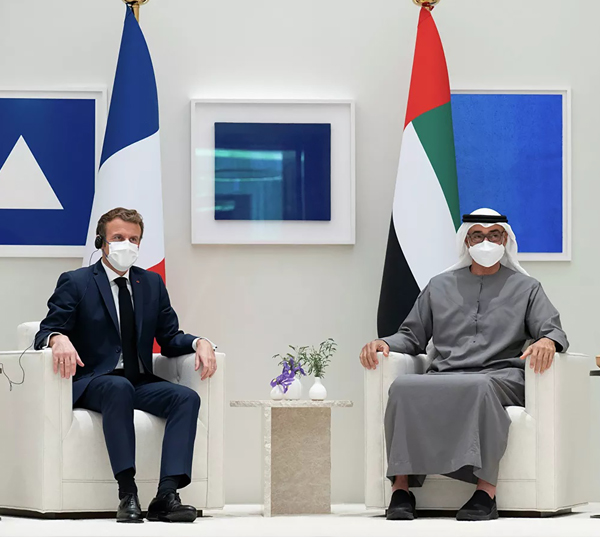
Macron's Gulf Tour: Motives and Impact on the Partnership with the United States
This paper examines the economic and geopolitical dimensions of French President Emmanuel Macron's tour to the United Arab Emirates, Saudi Arabia, and Qatar, where the growing aspects of the French-Gulf strategic partnership were observed in a way that proves Paris's position as a major strategic player, and confirms the recognition of the Gulf countries as indispensable partners. Thus, the paper aims to answer two of the most prominent questions: What are the motives for such a visit, and how will it affect the US-Gulf partnership?
